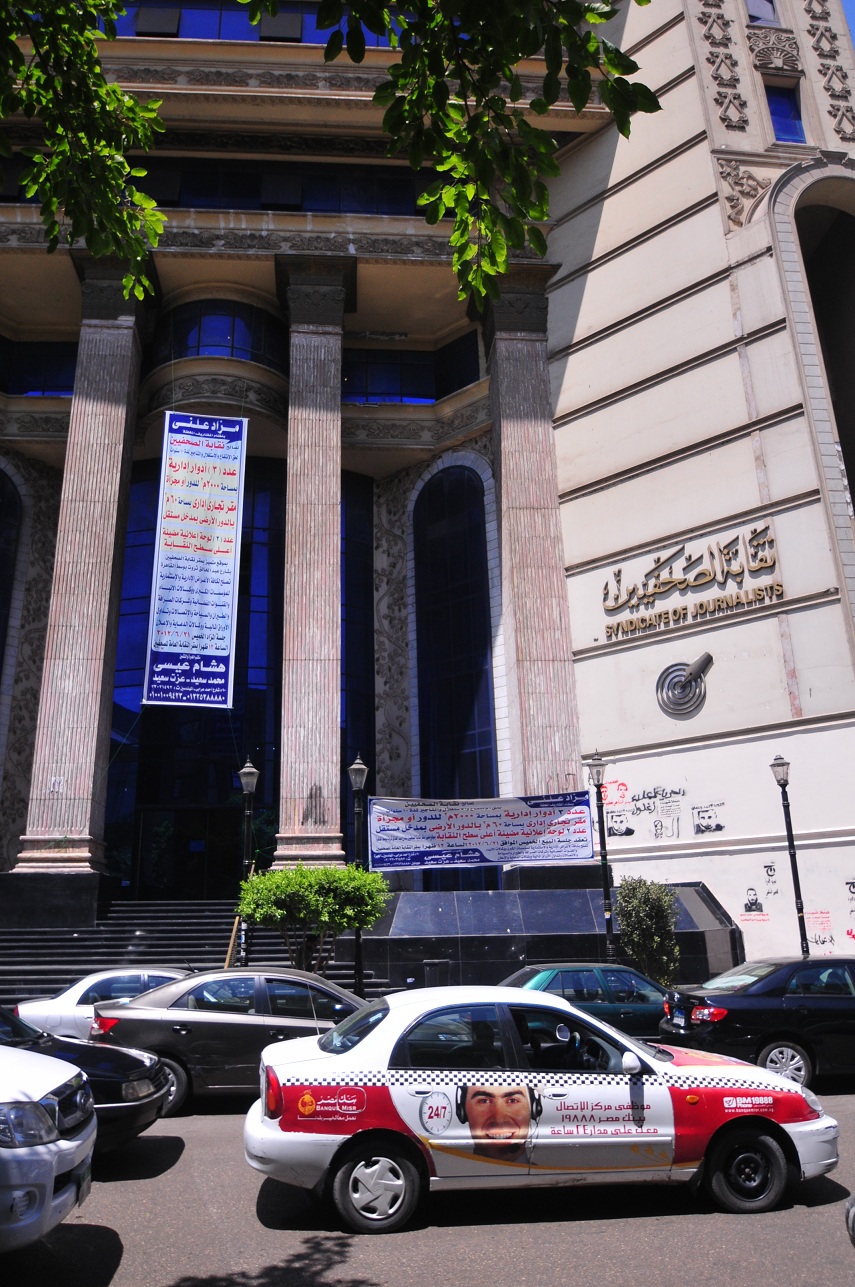CAIRO: Comments alluding to Egypt made by US President George Bush during his opening speech at the World Economic Forum on the Middle East drew a storm of criticism from Egyptian officials.
“Too often in the Middle East, politics have consisted of one leader in power and the opposition in jail, Bush said at the WEF’s keynote address, in what is believed to be a reference to jailed politician Ayman Nour.
The US has often enquired about the incarceration of 2005 presidential candidate Ayman Nour, who remains behind bars to this day. It also seemed that Bush was referring to members of the officially banned Muslim Brotherhood group, some of whom were recently handed jail sentences for “belonging to a banned organization.
“America is deeply concerned about the plight of political prisoners in this region, as well as democratic activists who are intimidated or repressed, newspapers and civil society organization that are shut down and dissidents whose voices are stifled, he continued.
It was especially telling that neither Bush nor President Hosni Mubarak attended each others’ speeches at the WEF.
Especially galling to Egypt and other Arab countries was the effusive praise Bush hailed on Israel during his speech at the Knesset in celebration of its 60th year of statehood.
It further inflamed Arab fears that the US cannot broker a fair peace between Palestine and Israel, as it is partial to one side more than the other.
Referring to Bush’s comments alluding to Egypt, Diaa Rashwan of Al Ahram Center for Political and Strategic Studies sarcastically asked, “Why didn’t [we] hear such wonderful talk from Bush while he was in Saudi Arabia?
“It has no parliament or elections or even women driving cars, Rashwan told Daily News Egypt, “but there are greater interests involved, namely petrol.
“Recently, he [Bush] hasn’t made any effort in promoting democracy in developing countries, [but now] he may want to leave the impression that the US is principled even with its allies. [When] greater interests are involved, these issues are relegated, he added.
Foreign Minister Ahmed Aboul Gheit said at the WEF Monday that American bias towards Israel as well as their own actions in the Middle East was contributing more to the problem rather than the solution.
“When we see…an Israeli tank in an Arab city, a Palestinian city or an American tank in an Arab city firing arms, that makes people angry. The anger leads to a lot of turmoil. Turmoil leads to instability, he said.
In response to Bush’s statements that Iran must not get hold of a nuclear bomb, Aboul Gheit said to roaring applause, “Would you please tell me did anyone raise the issue of the Israeli capability? Why are you hiding the Israeli nuclear capability?
“Instability in my opinion comes directly from the lack of political will to solve political problems. The Palestinian-Israeli crisis is paramount, Aboul Gheit said.
“He’s taking many negative positions towards Egypt, and he might have been influenced by his visit to Israel where they might have mobilized to press this issue, Rashwan said.
In his own inaugural speech at the three-day summit, Mubarak said, “Egypt has chosen the reform scenario on all fronts, to work on peace and fulfill all the requirements to achieve a true democratic state.
As for the effects these speeches will have on bilateral relations, Rashwan said, “What will happen is that the media from both sides will report on the issues and tensions, but the core of the relations will not change, because they are strategic, entail security concerns and they run deep. So all this will not affect the essence of the relationship [between Egypt and the US].
There is a long-running diatribe between Egypt and the US over comments critical of the lack of democracy, with Egypt insisting on more than on occasion that it would not tolerate interference in what it considered “domestic affairs.
In an interview with Dream TV’s “Al-Ashera Masa’an earlier this month, Bush couched his concerns about Egypt in friendlier terms.
“I think the idea of giving people a chance to vote and a chance to participate freely in society is a universal value. I try to balance, on the one hand, my beliefs, and on the other hand, a friendship with the government and friendship with President Mubarak, Bush had said.


